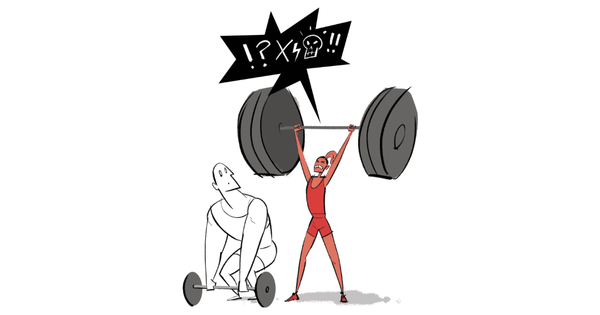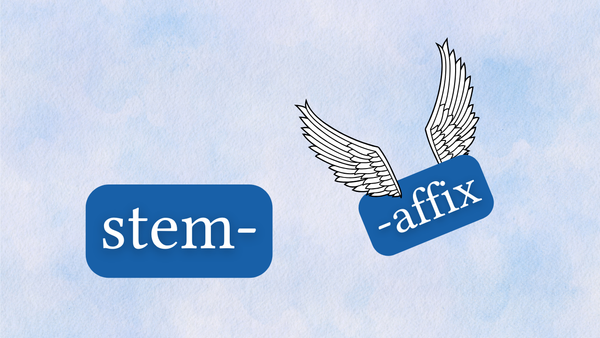Why do the British pronounce “herb” with an /h/?
Why don’t Americans pronounce herb with an /h/?

Why don’t Americans pronounce herb with an /h/?
It turns out that the American pronunciation is the original one! The word herb was borrowed from Old French erbe ‘grass, herb, animal feed’ around 1300, at which point neither English nor French pronounced (or spelled it) with an /h/.
Prefer a video version of this post? Watch here!
But during the Renaissance in the 1400s, this was one of the many words that scholars decided to respell to more closely match their classical Greek/Latin origins. So writers began spelling the word as ⟨herb⟩, to match the original Latin herba ‘young plant; grass, herb, weed’.
When a word is respelled to match its historical pronunciation (despite the fact that the word is no longer spelled that way), it's called an etymological respelling. When it happens on the basis of the historical Latin word, it's called Latinization specifically.
It wasn’t until the 1800s that many British speakers began pronouncing an /h/ at the beginning of the word to match its spelling, making this another interesting example where American English is actually more linguistically conservative than British English.
The Old English word that was used before English borrowed herb from French was wort.
📚 Recommended Reading


📑 Bibliography
If you’d like to support Linguistic Discovery, purchasing through these links is a great way to do so! I greatly appreciate your support!
Check out my entire Amazon storefront here.




